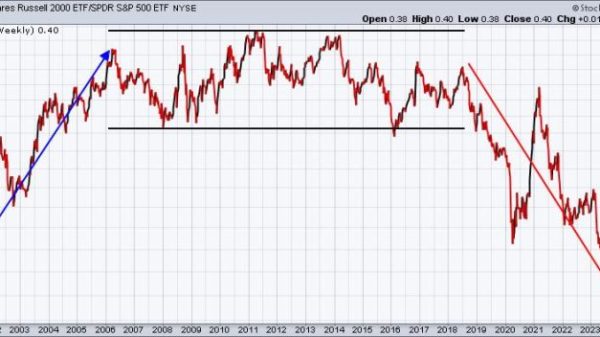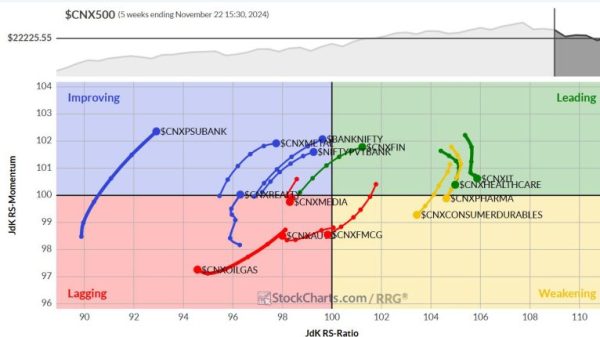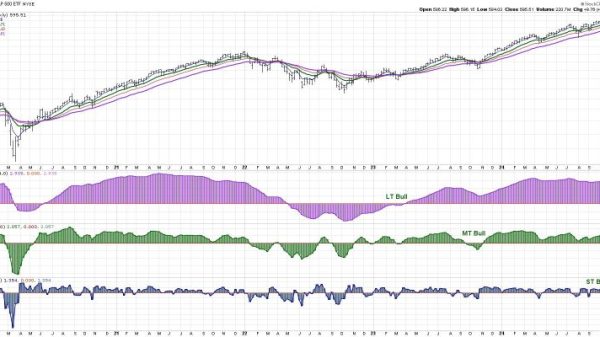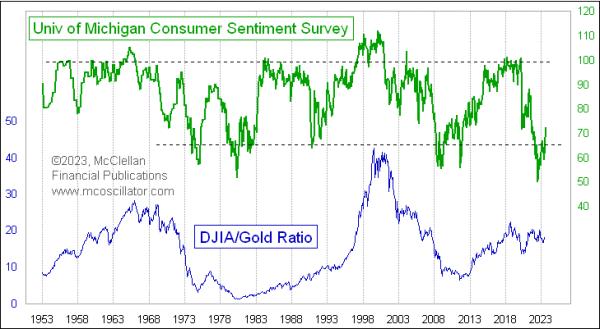Americans increasingly turned to their credit cards to make ends meet heading into the summer, sending aggregate balances over $1 trillion for the first time ever, the New York Federal Reserve reported Tuesday.
Total credit card indebtedness increased by $45 billion in the April-through-June period, an increase of more than 4%. That took the total amount owed to $1.03 trillion, the highest gross value in Fed data going back to 2003.
The increase in the category was the most notable area as total household debt edged higher by about $16 billion to $17.06 trillion, also a fresh record.
As card use grew, so did the delinquency rate.
The Fed’s measure of credit card debt 30 or more days late rose to 7.2% in the second quarter, up from 6.5% in Q1 and the highest rate since the first quarter of 2012 though close to the long-run normal, central bank officials said. Total debt delinquency edged higher to 3.18% from 3%.
“Credit card balances saw brisk growth in the second quarter,” said Joelle Scally, regional economic principal within the Household and Public Policy Research Division at the New York Fed. “And while delinquency rates have edged up, they appear to have normalized to pre-pandemic levels.”
More from CNBC
Moody’s cuts ratings of 10 U.S. banks and puts some big names on downgrade watch Boeing aircraft deliveries fall in July as company plans to raise output Philadelphia Fed President Patrick Harker suggests interest rate hikes are at an end
Fed researchers say the increase in balances reflects both inflationary pressures as well as higher levels of consumption.
The central bank also said demand for card issuance has eased, which has come in conjunction with banks saying that credit standards are tightening.
Debt across other categories showed only modest changes. Newly originated mortgages rose by $393 billion though total mortgage debt nudged lower to just over $12 trillion. Auto loans increased by $20 billion to $1.58 trillion and student loans decreased to $1.57 trillion ahead of the lifting of the moratorium on payments.




























